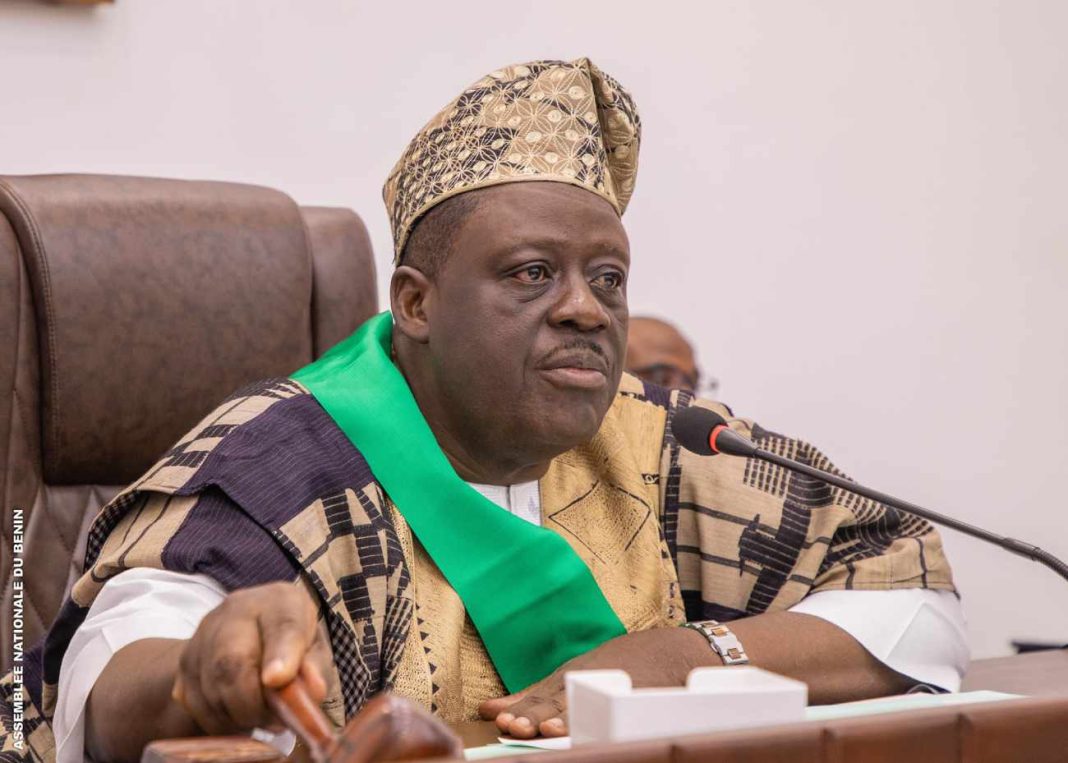The National Assembly and the Court of Auditors have formalized a cooperation and assistance agreement, marking a significant step in strengthening public finance control.
The signing ceremony, held at the Parliament in Porto-Novo, was presided over by Louis Vlavonou, President of the National Assembly, and Ismath Bio Tchané Mamadou, President of the Court of Auditors. It symbolizes the culmination of a growing collaboration between these two pillars of financial governance.
This agreement formalizes an already initiated dynamic by establishing a structured framework for information exchange, technical assistance, and training, all serving the rigorous control of governmental action.
“The expertise needs of the Court of Auditors have been requested multiple times by the Parliament,” recalled Gérard Gbénonchi, President of the Finance and Exchange Commission. He emphasized that the Court’s reports have often been “essential sources for assessing public finance management,” making this collaboration both relevant and necessary.
Presented by Roch David Gnanhoui, President of the Audit Chamber of the Court of Auditors, the agreement clarifies the modalities of the Court’s intervention, particularly for the benefit of the Finance and Exchange Commission. It provides for:
- the regular exchange of legal and technical information;
- the realization of targeted studies to support Parliament in its missions;
- the continuous training of deputies and assembly staff on public finance.
A Partnership Focused on the Future
For the President of the Court, Ismath Bio Tchané Mamadou, this signing is anything but a finality: “This text is not an accomplishment, but a beginning.” She also praised the key role played by the experts from UNACEB, the Court, and GIZ, who contributed to drafting the agreement.
For his part, Louis Vlavonou emphasized the strategic vision of the agreement, stressing its role in strengthening parliamentarians’ capacities and in the appropriation of finance bills and budget settlement laws.
The support of technical and financial partners, particularly GIZ through the ReFORMES project, was praised by Boko Gnanguènon, coordinator of the “Transparency and Accountability” action field. She encouraged the two institutions to make this partnership a lever for modernization and increased transparency in the management of public resources.
The ceremony brought together members of the Bureau of the Assembly, technical directors, auditors, advisors, and staff of the Court of Auditors, confirming the strategic importance of this alliance in serving a more responsible and transparent state.







